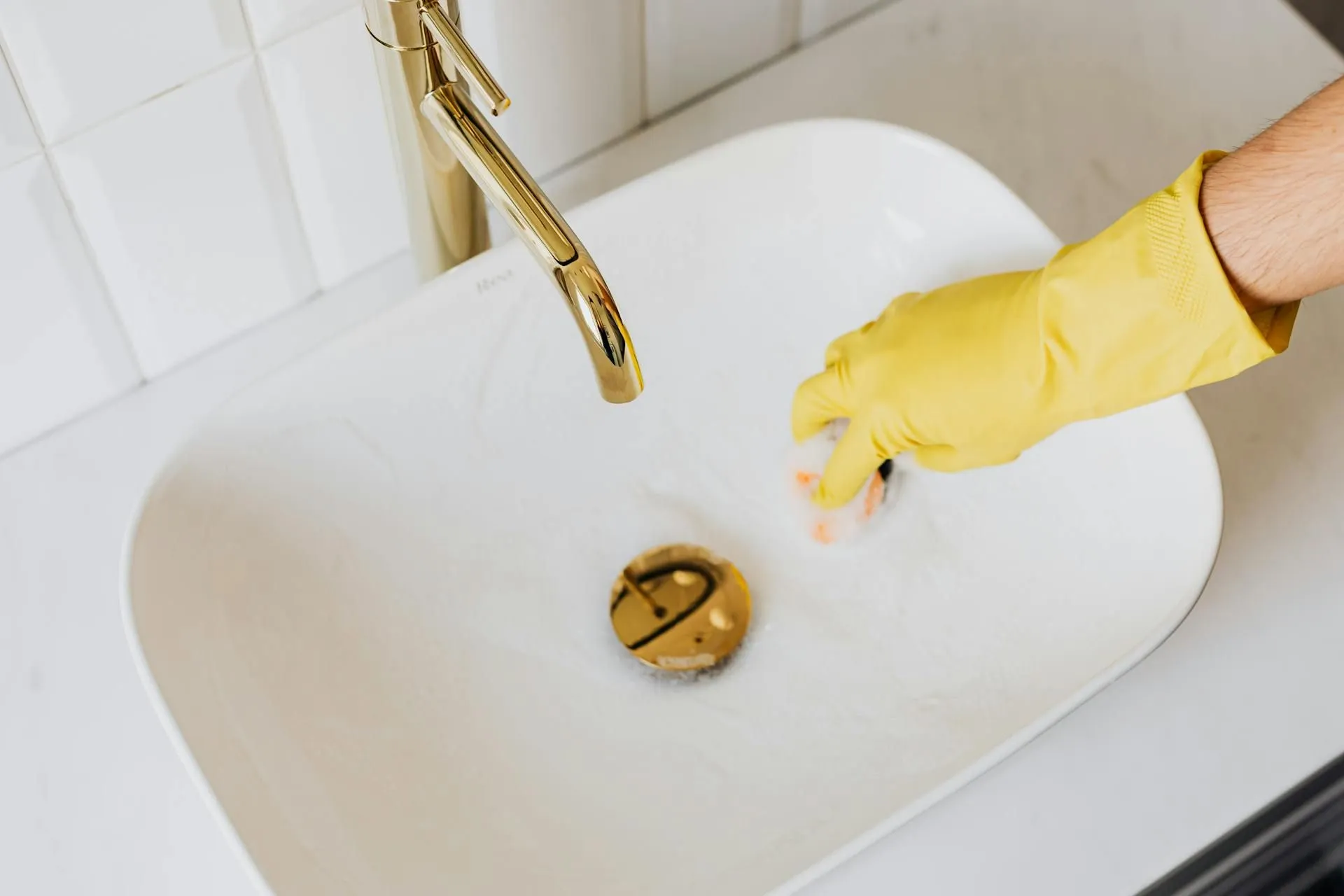How to Keep Drains Clean
Drains are an essential component of our plumbing systems, helping to direct water and waste away from our living spaces. However, they can easily become clogged and cause frustrations and potential damage. Fortunately, there are simple steps you can take to prevent clogs and keep your drains running smoothly. Check out effective methods to keep your drains clean and avoid the hassle of blockages.
Mind What Goes Down the Drain
Prevention is always better than cure, and when it comes to drains, it is crucial to be mindful of what goes down them. Avoid pouring grease, oil, or food scraps down the kitchen drain, as these can solidify and cause blockages. Also, coffee grounds, eggshells, and fibrous vegetables like celery should be discarded in the trash instead of being disposed of in the sink. In the bathroom, make sure to dispose of hair properly, as it tends to accumulate in the drain, contributing to clogs.
Install Drain Guards and Strainers
One of the easiest ways to keep your drains clean is to use drain guards or strainers. These inexpensive yet effective devices act as barriers, preventing hair, large food particles, and other debris from entering the drain. Install them in your showers, baths, and kitchen sinks, and regularly clean them to maintain their functionality. Taking a few seconds to use a drain guard can save you hours of dealing with a clogged drain in the future.
Regularly Clean Your Drains
Just like any other part of your home, drains require regular cleaning to function optimally. Start by pouring boiling water down the drains once a week. This helps break down any grease or oil residue that might be building up. Additionally, every few months, it’s beneficial to use a mixture of baking soda and vinegar. Pour half a cup of baking soda down the drain, followed by half a cup of vinegar. Let it sit for about 15 minutes, then flush it away with hot water. This homemade remedy helps remove odors, deodorizes the drain, and dislodges any accumulated debris.
Pay Attention to Warning Signs
Acting promptly upon noticing warning signs will save you from major headaches later. Slow-draining sinks, gurgling sounds, or water pooling around the drain are all indications of potential clogs. Whenever you notice these signs, deal with them immediately. Instead of relying on chemical drain cleaners, which can be harsh and damaging to your pipes, try using a plunger or a drain snake to remove the clog manually. Moreover, ensure you have a plunger at home for emergencies. A little preventive action in response to early signs can prevent a minor nuisance from turning into a major plumbing disaster.
Regular Professional Maintenance
While there’s much you can do to keep your drains clean, having regular professional maintenance is also crucial. Hiring a professional plumber to inspect and clean your drains annually can help identify any underlying issues before they become severe. Professionals have the necessary tools and expertise to spot potential blockages or damage and provide effective solutions. Consider scheduling routine maintenance to prevent any unexpected surprises down the road.
What a Clogged Drain Does to Your Home
The most apparent effect of a clogged drain is, of course, the inconvenience it poses on a daily basis. When water struggles to flow freely down the drain, it can lead to slow draining sinks or showers, causing frustration and delays in your everyday routine. Even worse, a completely blocked drain can render a sink or toilet completely unusable, causing inconveniences that disrupt your entire household.
Beyond the inconvenience, a clogged drain can also bring about unpleasant odors. Standing water and trapped food particles can create a breeding ground for bacteria, leading to unpleasant smells that permeate your home. Not only can these odors be uncomfortable for you and your family, but they can also make your home less welcoming to guests.
Perhaps more concerning than odors and inconvenience, a clogged drain can lead to more severe issues that can result in costly repairs. One potential consequence is water damage. When a drain is blocked and water cannot flow away, it may begin to overflow, causing water to spill onto your floors and potentially damage your walls or belongings. This can lead to the growth of mold and mildew, which not only poses health risks but also requires specialized remediation that can be expensive.
Persistent Clogs Need a Professional Plumber
While many minor clogs can be easily resolved with DIY methods, it’s important to recognize when it’s time to call in a professional plumber. Ignoring persistent clogs or attempting to fix them without the necessary expertise can lead to more serious problems down the line, such as pipe damage or even a complete plumbing system failure.
Look no further, Two Anchors Plumbing is here to help. Contact us today.





